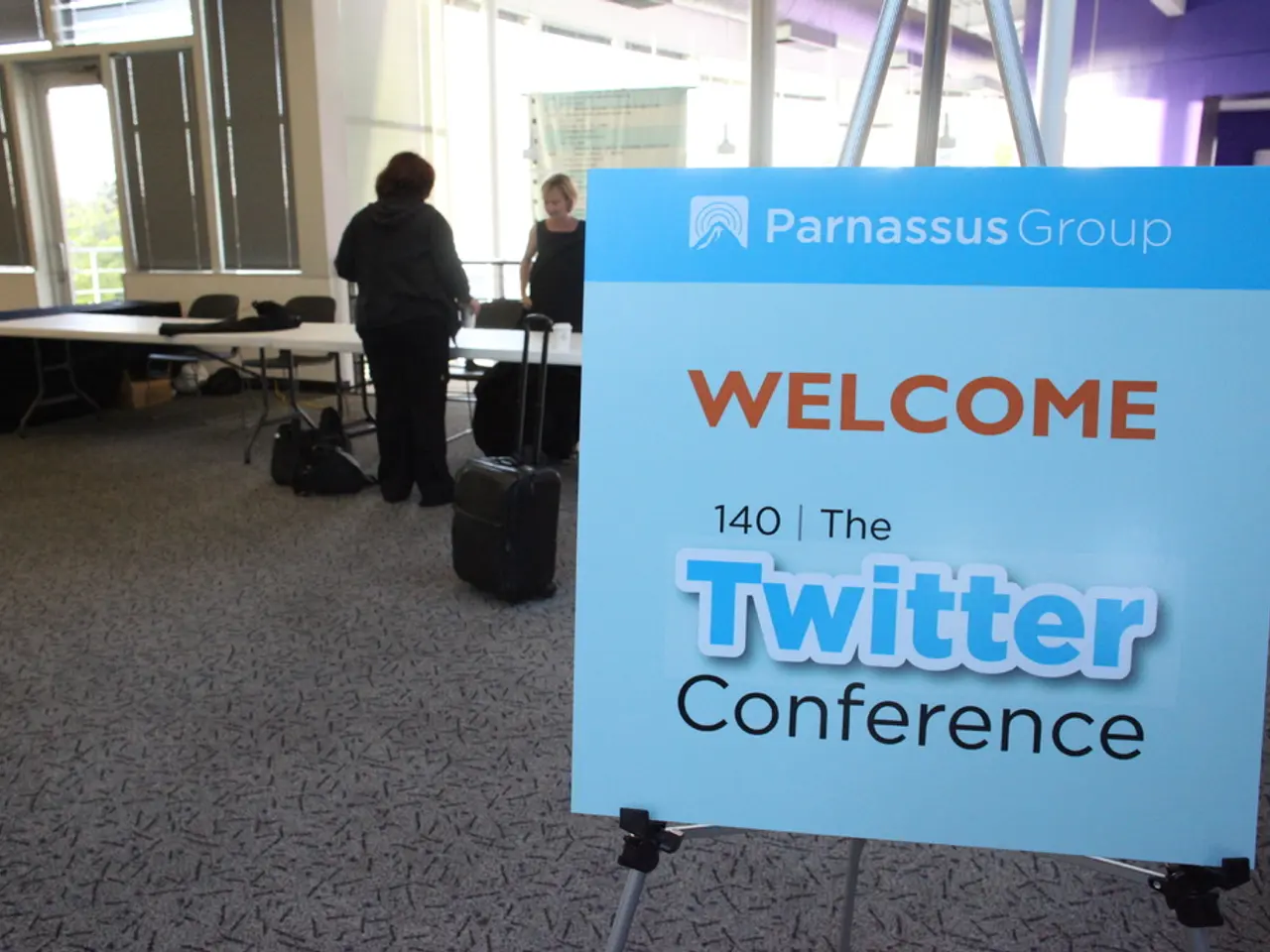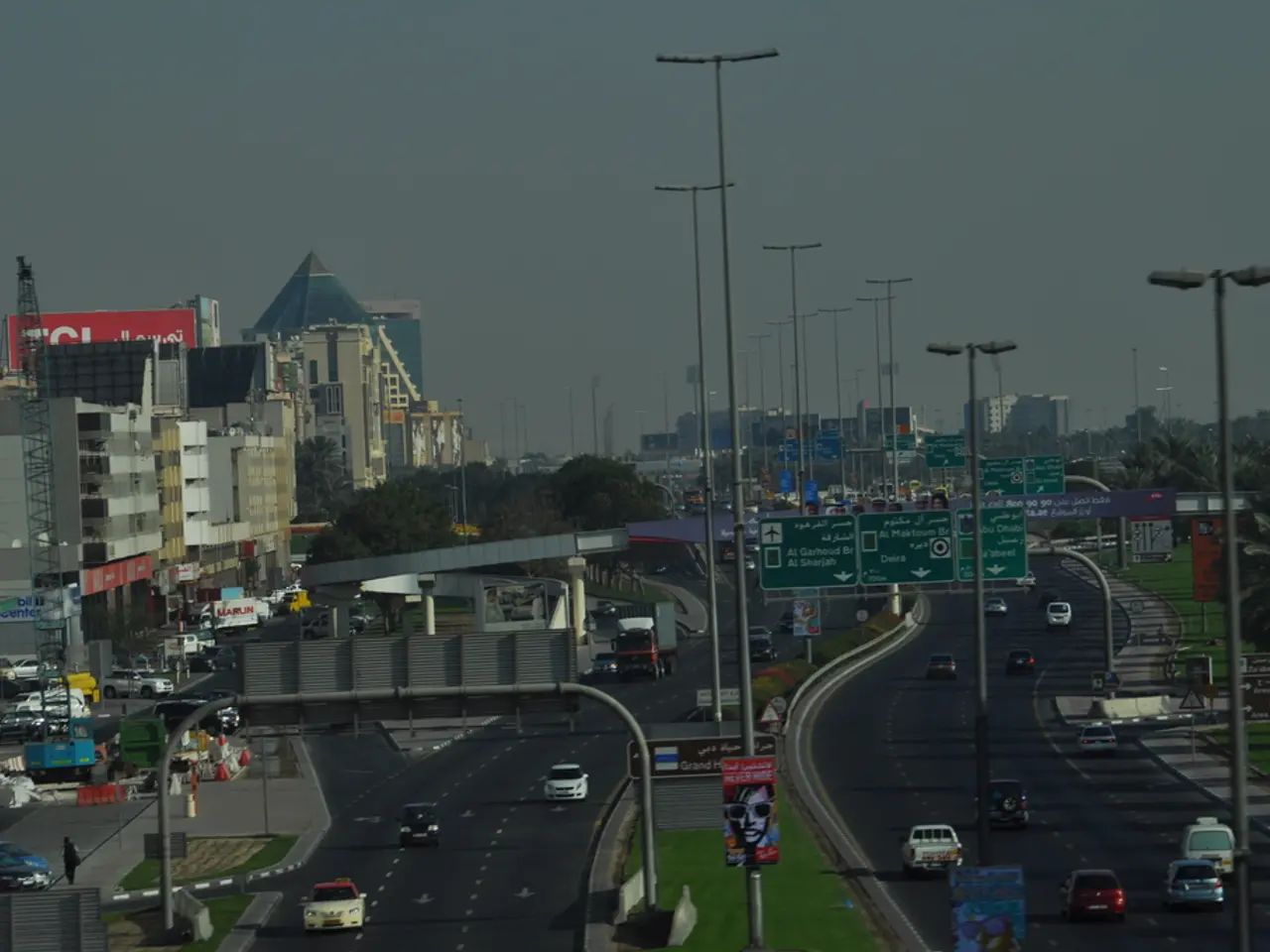Ending deceitful practices at Volkswagen.
Strained Leadership: The Dual Role of Oliver Blume at VW and Porsche Under Scrutiny
In the automotive industry, navigating a crisis requires a steady hand and a clear focus. However, for Oliver Blume, the CEO of both Volkswagen AG and Porsche AG, the task has become more challenging than ever.
Since September 2022, Blume has been leading both companies, each facing unique challenges. Porsche, a high-performance sports car brand majority-owned by Volkswagen Group, is grappling with a deep crisis. The traditional business model is no longer viable under current market conditions, and Blume himself has warned employees about the need for significant cost cuts, including job reductions beyond the 3,900 already planned through 2029[1][2].
Meanwhile, Volkswagen Group, the world’s second-largest automaker, is grappling with its own complexities. The company is undergoing a broad transformation amidst a challenging automotive landscape of electrification, geopolitical tensions, and cost inflation[3].
Managing both entities simultaneously means Blume must balance Porsche’s urgent turnaround measures with Volkswagen’s broader transformation efforts. This dual role concentrates executive responsibilities during a period marked by substantial industry disruption and internal challenges[4].
The question of sustainability arises when considering Blume’s dual role. On one hand, his engineering background, long tenure at Volkswagen Group, and intimate knowledge of both companies could facilitate aligned strategic decisions and synergies within the group[1]. On the other hand, the depth and breadth of crises—Porsche’s existential business model challenges and Volkswagen Group’s expansive global transformation—may overstretch one CEO’s capacity. The pressure to deliver cost cuts, innovate, and manage workforce morale across both companies is immense[2][3][4].
While Blume and the company have not publicly indicated plans to relinquish one of the roles, the emerging scenario suggests potential sustainability concerns if these crises deepen or persist. Future leadership decisions may have to consider separating these roles to ensure dedicated focus and effective crisis management for both Porsche and Volkswagen Group.
The challenges faced by both companies are multifaceted. The continued uncertainty and the need for focused leadership suggest that changes in leadership may be necessary for both VW and Porsche. Price and lack of charging infrastructure are top concerns for customers regarding electric cars from VW, while the US tariffs are causing a significant focus and attention for VW and Porsche[5]. The COVID-19 pandemic, the Russian invasion of Ukraine, and competition from Asian manufacturers have also affected VW negatively[6].
Employees of both VW and Porsche are uncertain and fear for their jobs, as last year was a crisis year for VW and its employees, with job security no longer guaranteed[7]. The US tariffs, the pandemic, and geopolitical tensions have added to the pressure, with employees expressing skepticism about Blume leading both companies simultaneously[8].
In conclusion, the dual role of Oliver Blume as CEO of both Porsche and Volkswagen Group is currently under intense pressure, raising questions about the sustainability of such leadership during Volkswagen Group’s crisis. The need for clear and secure leadership, with a focus on the interests and concerns of employees, is paramount in these challenging times.
[1] Porsche's new CEO Oliver Blume warns of need for cost cuts [2] Porsche to cut more jobs, warns of difficult times ahead [3] Porsche to take €1.1 billion charge as it restructures [4] Volkswagen Group reports solid but pressured half-year results [5] Volkswagen's crisis is being perceived as a marathon, not a sprint [6] VW Group plans cost-cutting program to reduce 35,000 jobs by 2030 [7] VW's crisis year leaves employees uncertain and fearing for their jobs [8] Shareholders, employees, and customers skeptical about Blume leading both VW and Porsche [9] VW suspends employment protection, but later reinstates it [10] US tariffs causing significant focus and attention for VW and Porsche [11] COVID-19, Russian invasion of Ukraine, and competition from Asian manufacturers affecting VW negatively
In the realm of both business and finance, the tense leadership situation of Oliver Blume, CEO of Porsche and Volkswagen, is heavily scrutinized within the automotive industry. The crises facing each company, Porsche's business model challenges and Volkswagen's broad transformation amidst a volatile market, necessitate focused attention and strategic decisions, potentially raising concerns about Blume's ability to sustain his leadership roles.




